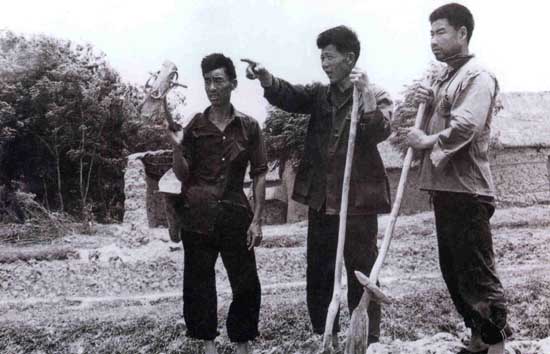In 1978, China underwent widespread economic reforms. The government relaxed on investment policies, encouraged foreign investment and private-ownership. These reforms were initiated by the Communist Party of China, at the time time led by Deng Xiaoping. The reforms comprised of two stages. In the first stage, the government opened China up to foreign investment, encouraged more entrepreneurial activities by permitting more business start-ups and decollectivising agriculture. In the second stage, many state-owned industries were privatised, lifting of price controls and abolishing protectionist policies and regulations. The result of the economics reforms was a new economic climate which was more competitive, productive and dynamic.
Then came the time known as the 'readjustment period', from 1979 to 1981. Its agenda included stimulating agricultural production, expanding exports and overcoming logistics and electrical power issues. Policies were first introduced by the government experimentally on a small scale. If proven effective and successful then the policy would be applied on a large scale.
 |
| Farmers in China (Source: http://english.people.com.cn/90002/95589/6512380.html) |
Besides that, policies that encouraged innovation and competition were also introduced to the industry. Enterprises could be collectively owned or individually owned, which was significant because during the Cultural Revolution, individual enterprises were almost non-existent.
Most importantly, foreign trade was very much encouraged. From easing foreign trade procedures to legalising interactions with foreign firms in China, systematic steps were taken to prepare China for the world stage once again. International trade would become a very important aspect in China's rise to become the manufacturing capital of the world.
(To be continued in Part 3)
Cheers
zhusun
Further reading:
http://en.wikipedia.org/wiki/Economic_history_of_the_People%27s_Republic_of_China#Reform_of_the_economic_system.2C_beginning_in_1978
http://english.cri.cn/3126/2008/10/31/53s419817.htm